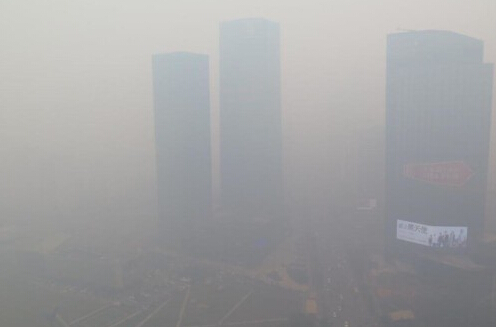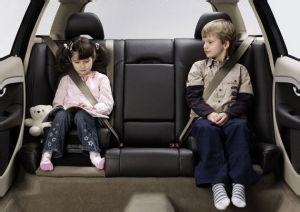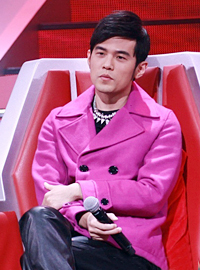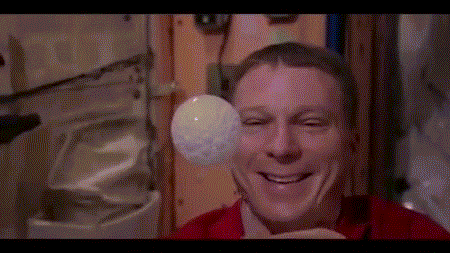Humans may evolve bizarre features such as webbed feet and eyes like cats in response to changing environments, a scientist claims。
一名科学家称,为适应变化得环境,人类将逐渐进化出奇异的特征,诸如有蹼的的脚和猫一般的眼睛。

Dr Skinner, a paleoanthropologist at the University of Kent worked with artist Quentin Devine to help visualise how humans could look in the future。
肯特大学古人类学家斯金纳博士与艺术家昆特-迪瓦恩一同协作,构想未来人们的样貌。

Some changes could take place very quickly as some humans already have a genetic mutation that produces webbing。 Other changes to allow humans to live in extreme conditions might only take place over hundreds of generations of natural selection, or require genetic engineering。
有些变化或许很快就会发生,因为已经有人基因变异产生了足蹼。其它变化让人们可以在极端条件下生存,要历经数百代人的自然选择、或是通过基因工程才会发生。
To adapt to a ‘water world’, Dr Skinner expects humans would develop webbed hands and eyes like those of cats to help us see in the poor lighting conditions underwater。
为了适应“水世界”,斯金纳博士预计称人们会长出足蹼和猫眼,有助我们在光线微弱的水下也能看见。
Dr Skinner said eventually there could be a complete loss of teeth and a reduction in jaw and mouth size down to something you can fit a straw into, which would result in our faces becoming smaller。
斯金纳博士说人们最终会完全丧失牙齿、下颚与嘴巴都会变小,小到只容得下一根麦管,脸也会因而变小。
Our noses and face size would increase to help warm inhaled cold air in the nasopharynx。
我们的鼻子和脸都会变大,以助吸入鼻咽的冷空气变暖。
Regular foraging in shallow waters could lead us to develop artificial ‘gills’ to help us breathe, extracting oxygen from the water and delivering it to the bloodstream。 This would also lead to our lung capacity becoming greatly reduced, and our rib cages shrinking。
经常在浅水域觅食会引人逐步形成人工“鱼鳍”以助呼吸、从水中汲取氧气、血液循环系统。这也会引得肺活量大减、胸腔萎缩。
来源:沪江英语
责任编辑:王淳





































































































